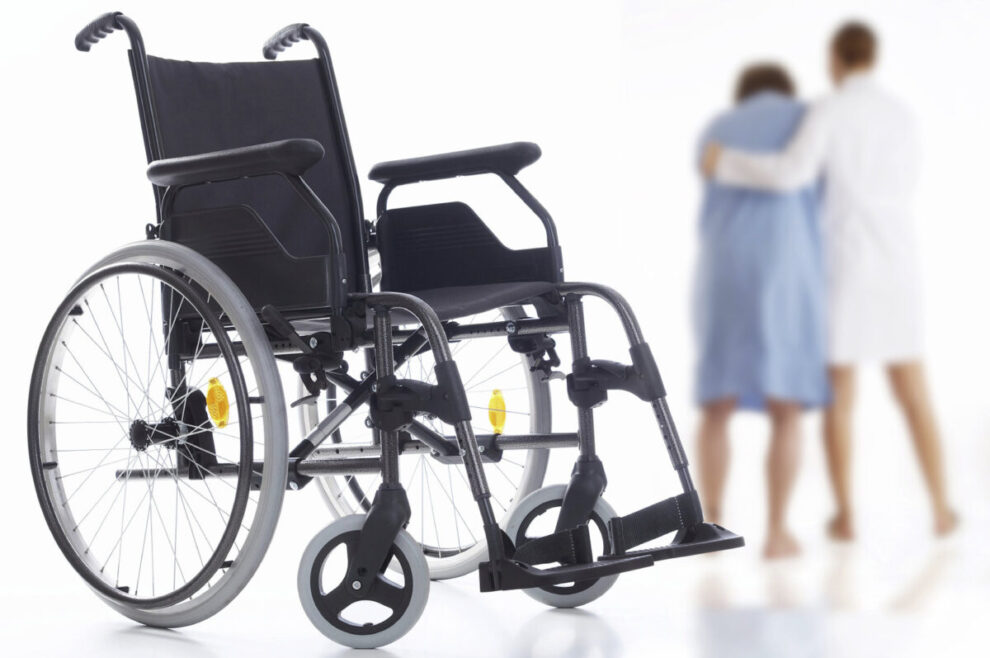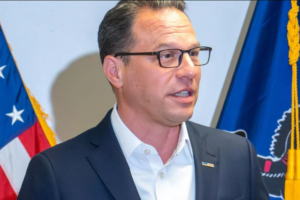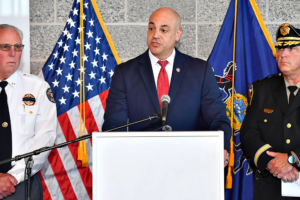The Pennsylvania healthcare system is currently facing a staffing crisis. Recent analysis shows that hospitals have staff vacancy rates of more than 10% in critical need positions that include roles like nurses and midwives.
The staffing shortage gained the attention from the media and elected officials during the COVID-19 pandemic. During that time, approximately 100,000 nurses left the field due to burnout and stress. In Pennsylvania nursing homes, the situation today has become dire according to experts.
In a recent interview, Zach Shamberg of the PA Health Care Association discussed the situation nursing homes are currently facing. “Maybe most alarming is we’re essentially seeing nursing home providers shut their doors because they can’t afford to care for new residents, or they don’t have enough staff to care for residents.”
Lawmakers are calling for more federal funding for Pennsylvania nursing homes. By 2030, 1-in-5 Pennsylvanians will be aged 65 or older, and facilities and providers are not equipped to care for the Commonwealth’s aging population.
Pennsylvania Senators Bob Casey and John Fetterman have expressed their support for minimum staffing requirements for healthcare in Pennsylvania. In April, Senator Casey introduced the Long-Term Care Workforce Support Act, which would increase federal Medicaid funding to states. It would also offer $100 billion in grants for long-term care and direct care workers and $500 million annually in grants for workforce training until 2029.
However, President and CEO of the Center for Healthcare Quality and Payment Reform in Pittsburgh Harold Miller notes that the workforce problem is more severe in Pennsylvania. In a recent interview, he explained that “on a ratio basis, one of the concerns nationally is we’re getting to the point where there’s not enough working-aged people to take care of the people who are older.”
Republicans oppose Casey’s proposed solution, as it will negatively impact rural areas and fails to address the need for increased funding towards healthcare in Pennsylvania. Miller noted that rural areas struggle to attract staff, can’t afford to pay competitive rates, and keep staff levels low in an effort to increase profits. Reliance on Medicaid payments also contribute to this problem.
Pennsylvania businessman Dave McCormick noted that “Casey’s had nearly 18 years to address this growing staffing crisis, and instead applauds an underfunded Biden mandate that will make the problem worse.”
Lack of federal funding for healthcare is an issue that cannot be addressed through federal staffing mandates, which would devastate rural areas in Pennsylvania. Lawmaking Democrats and Republicans remain at odds over a solution to the nursing shortage in the Commonwealth.











